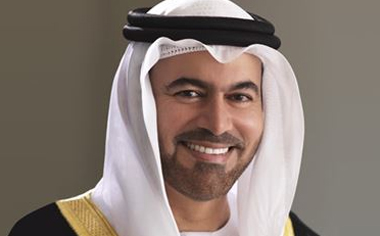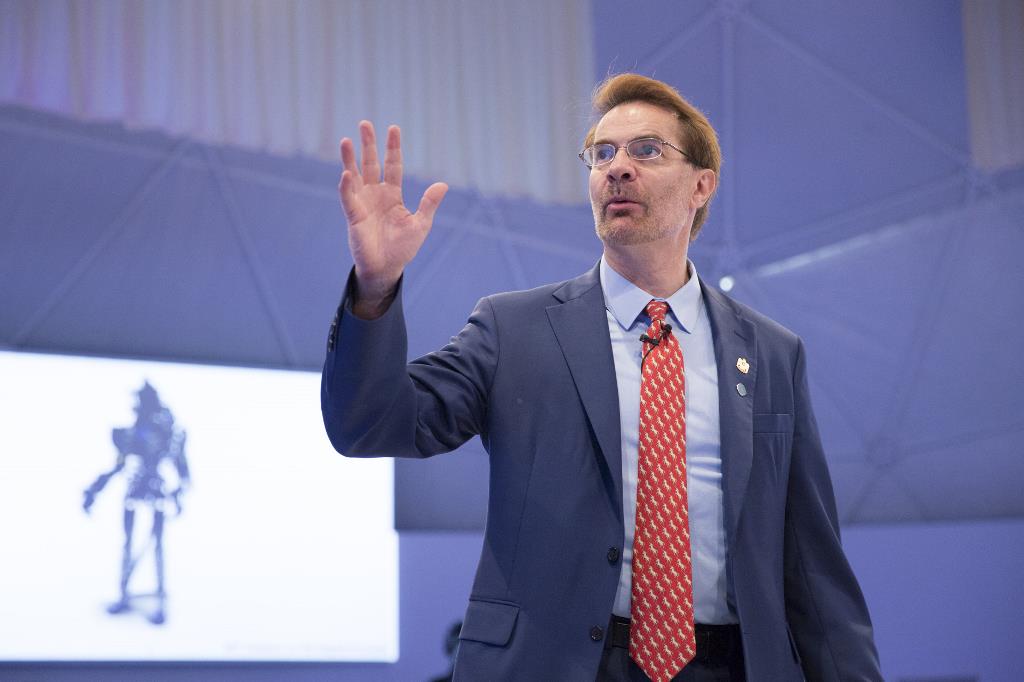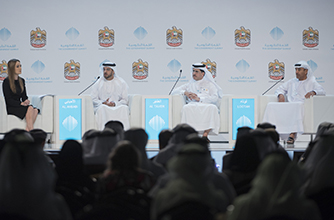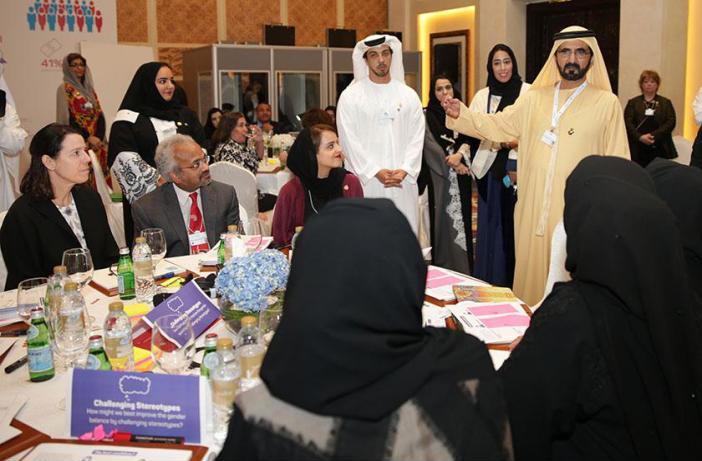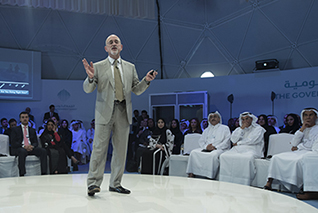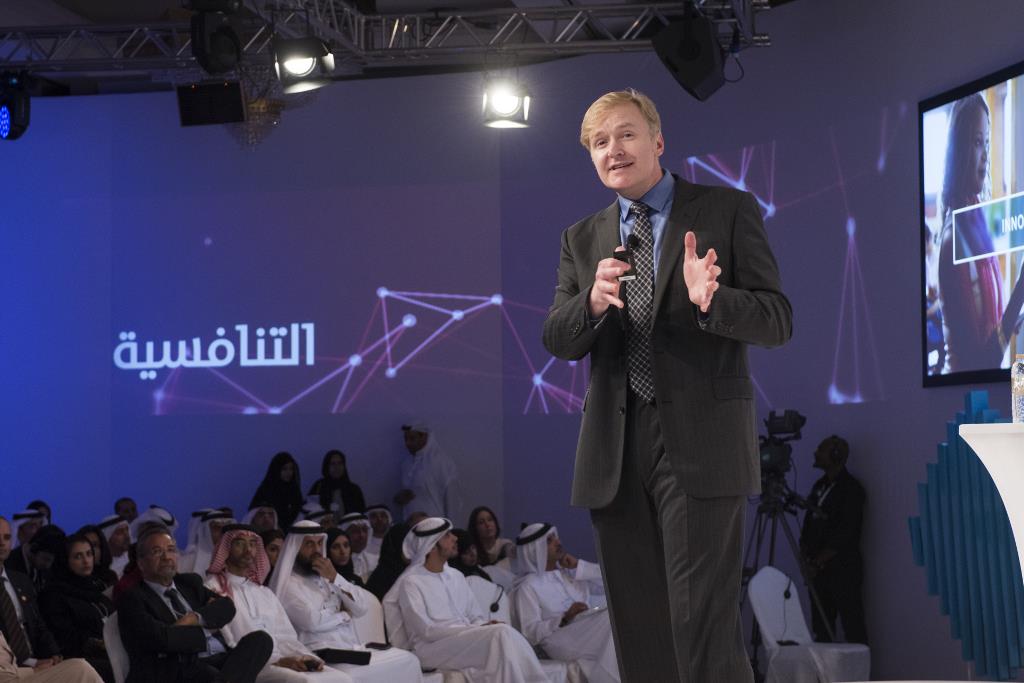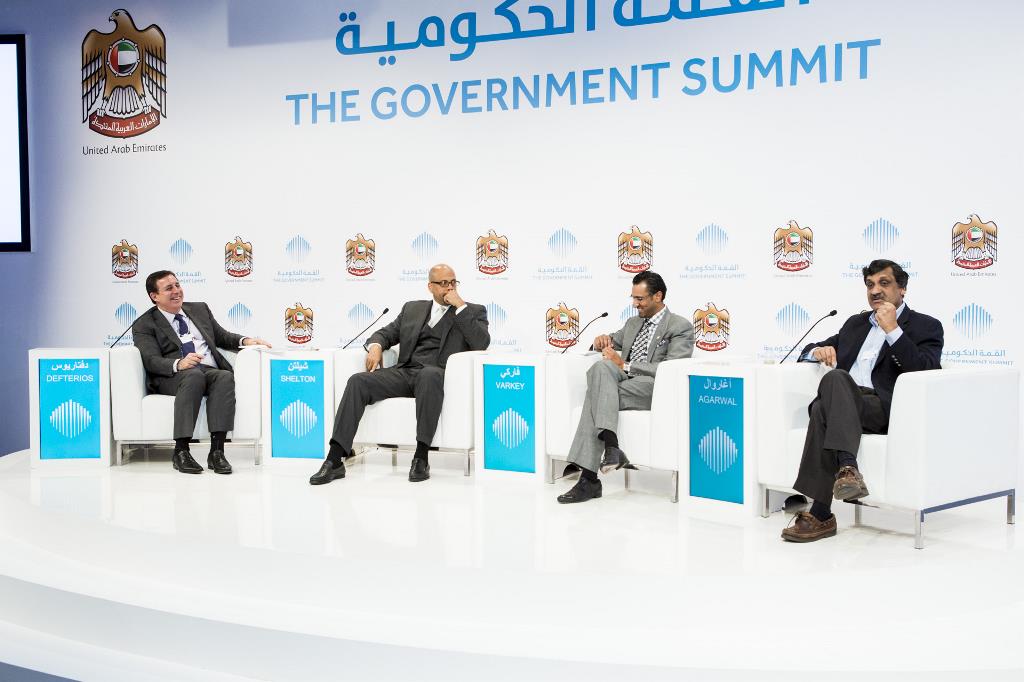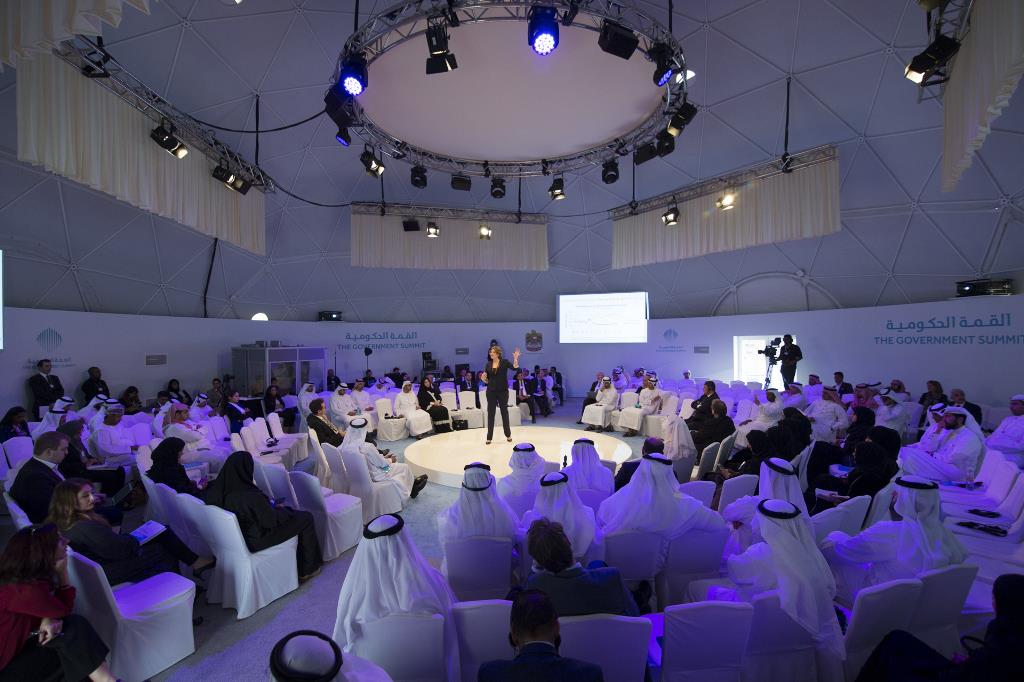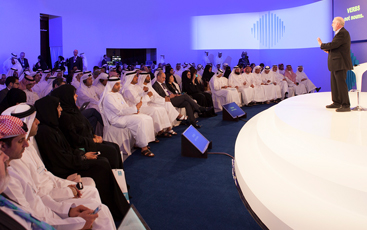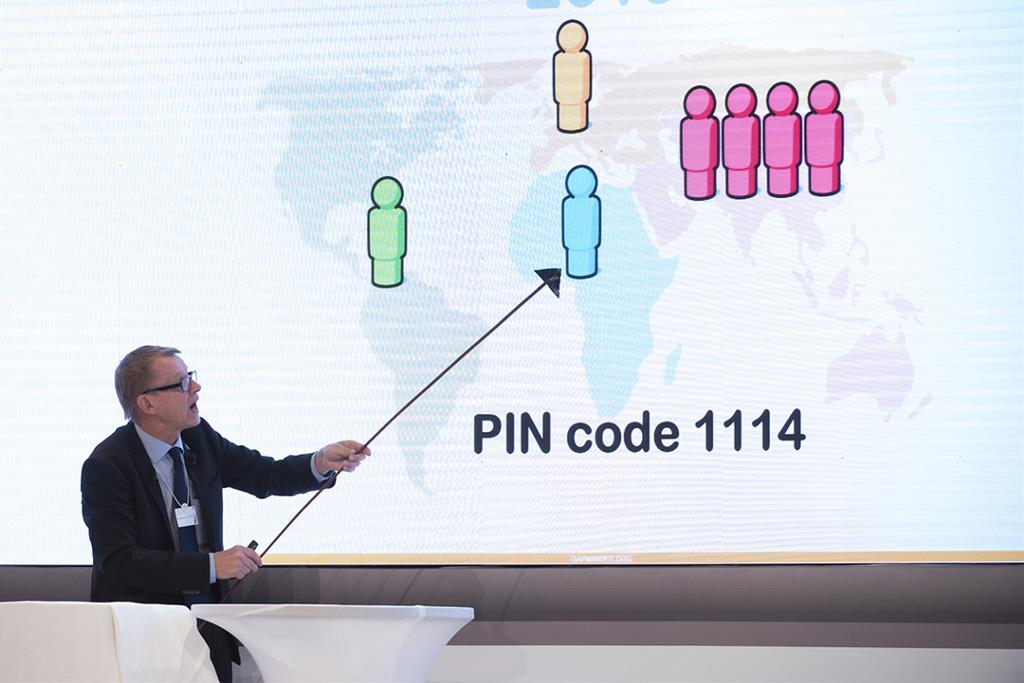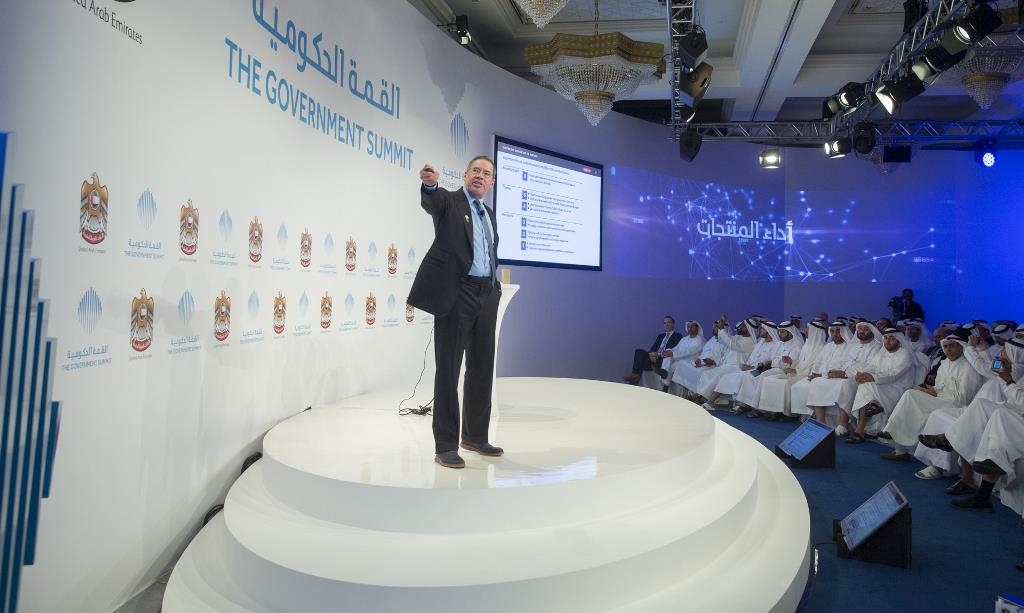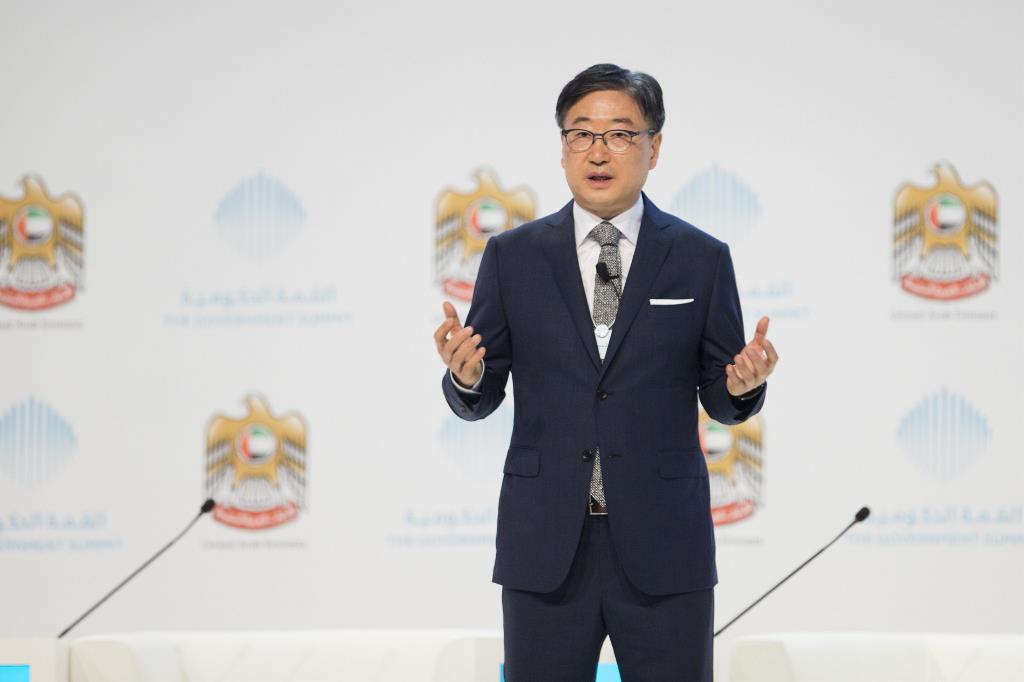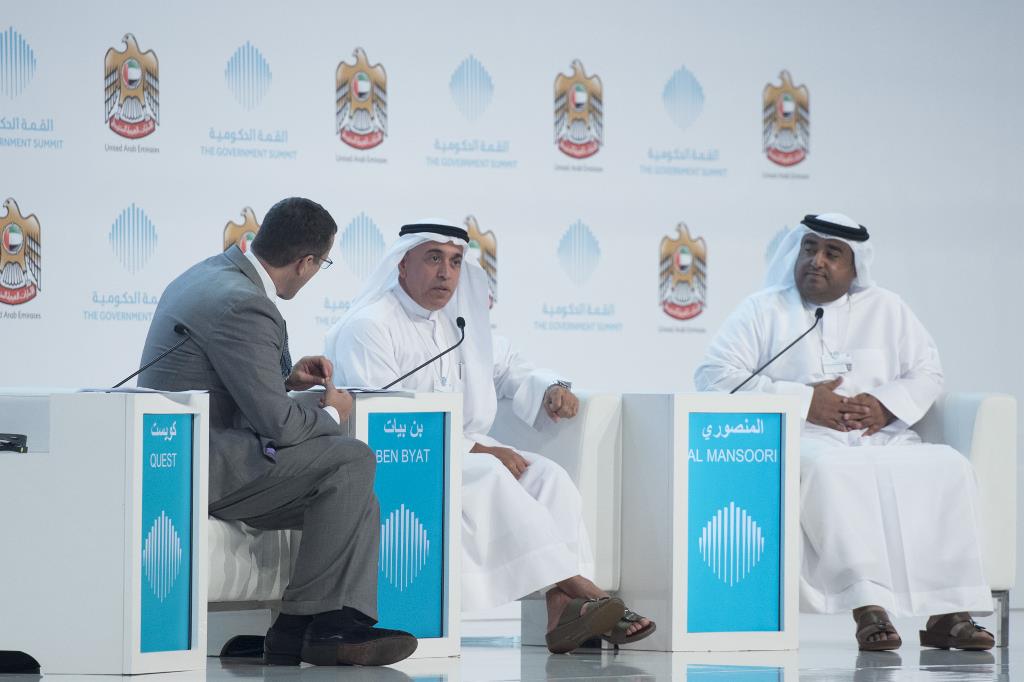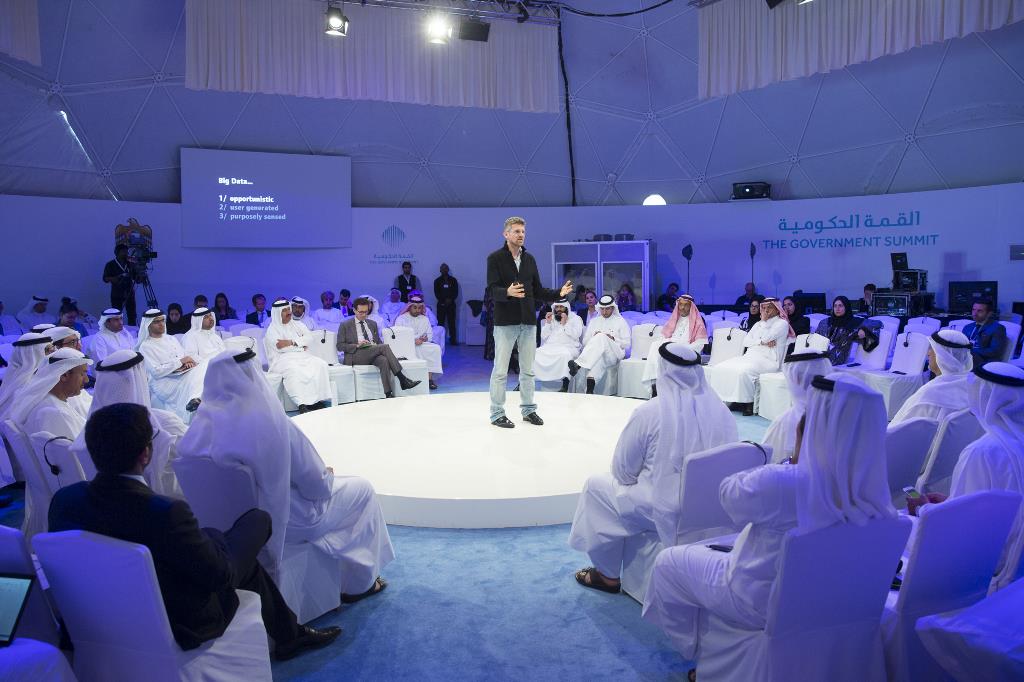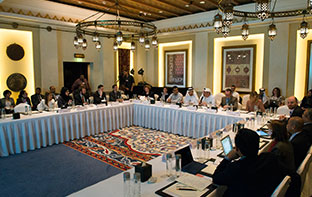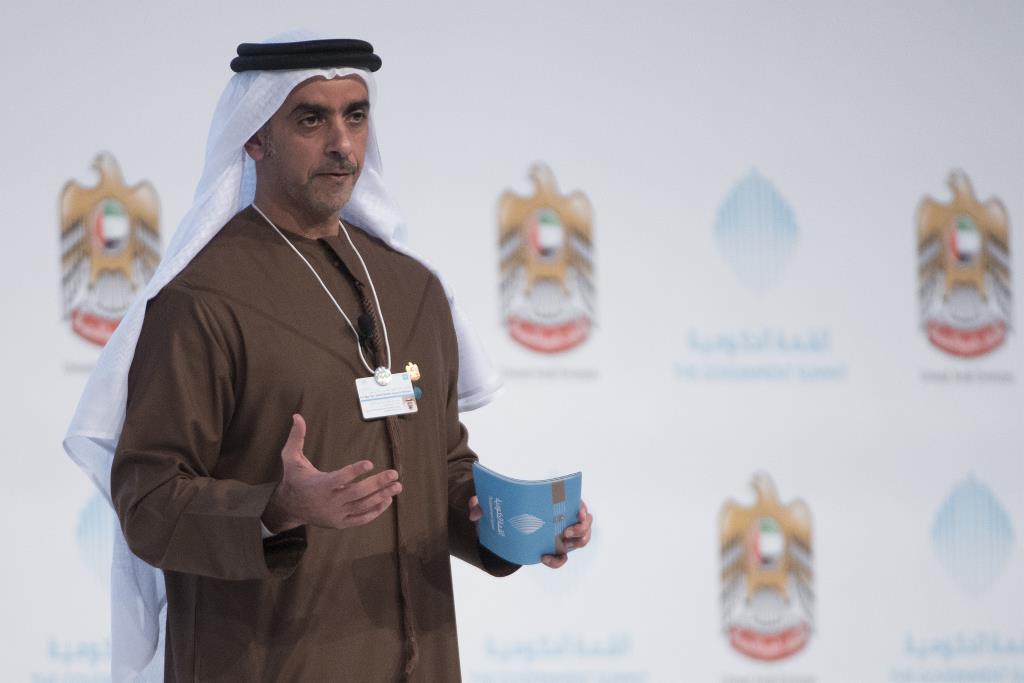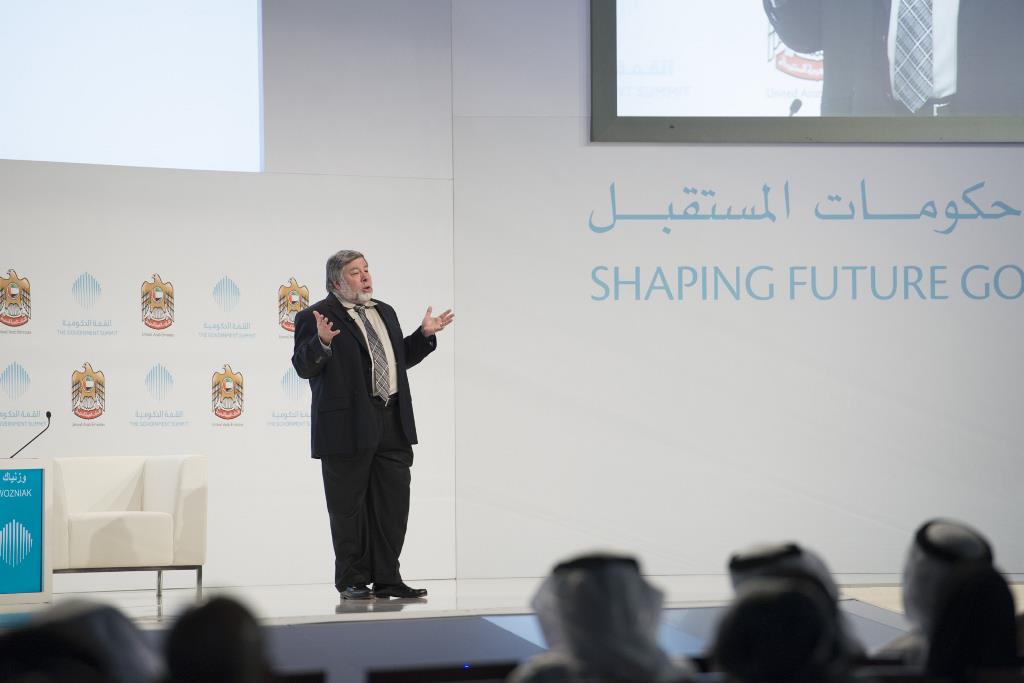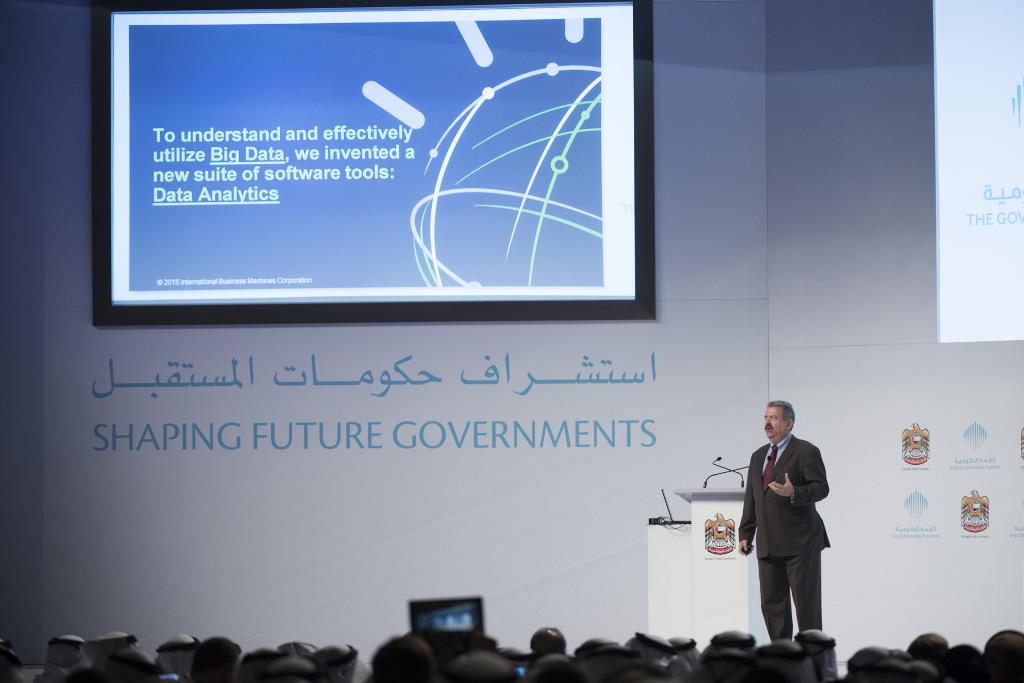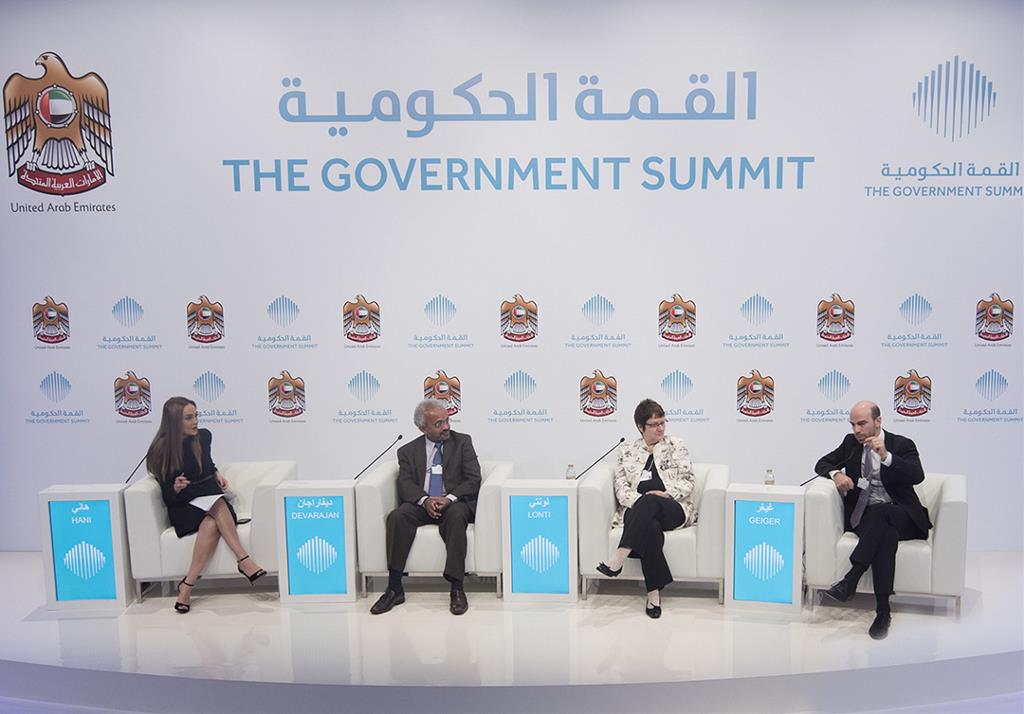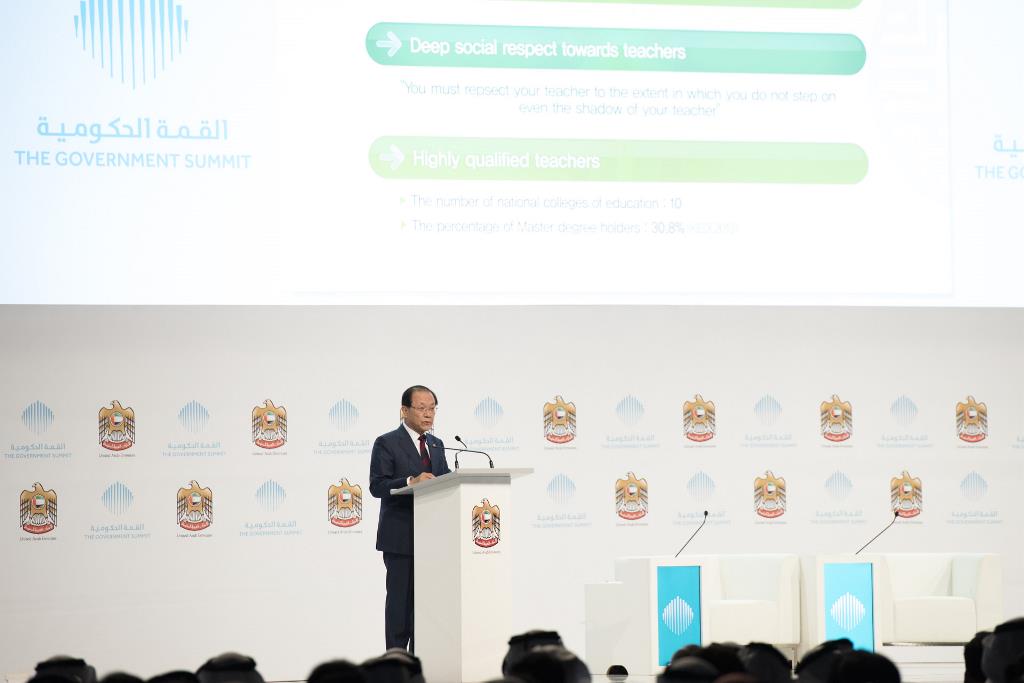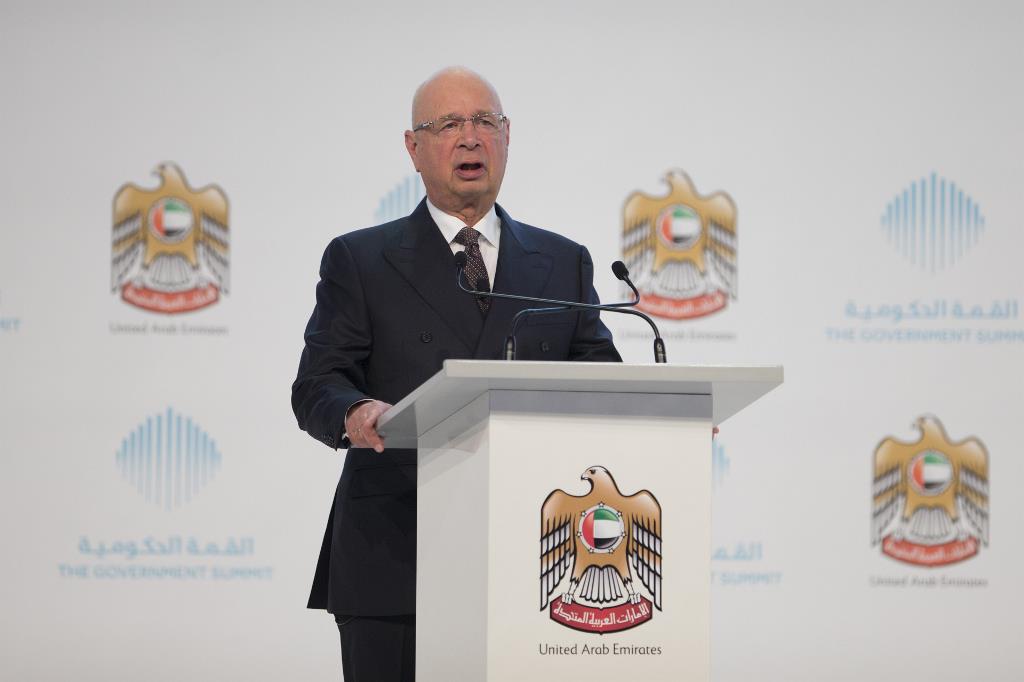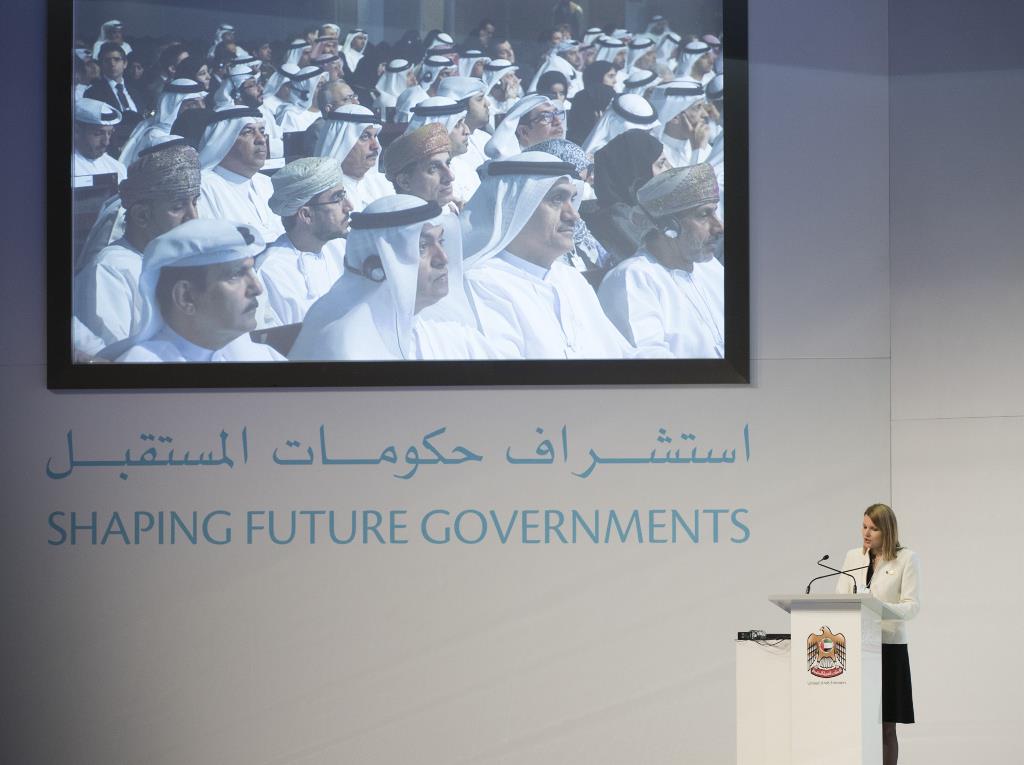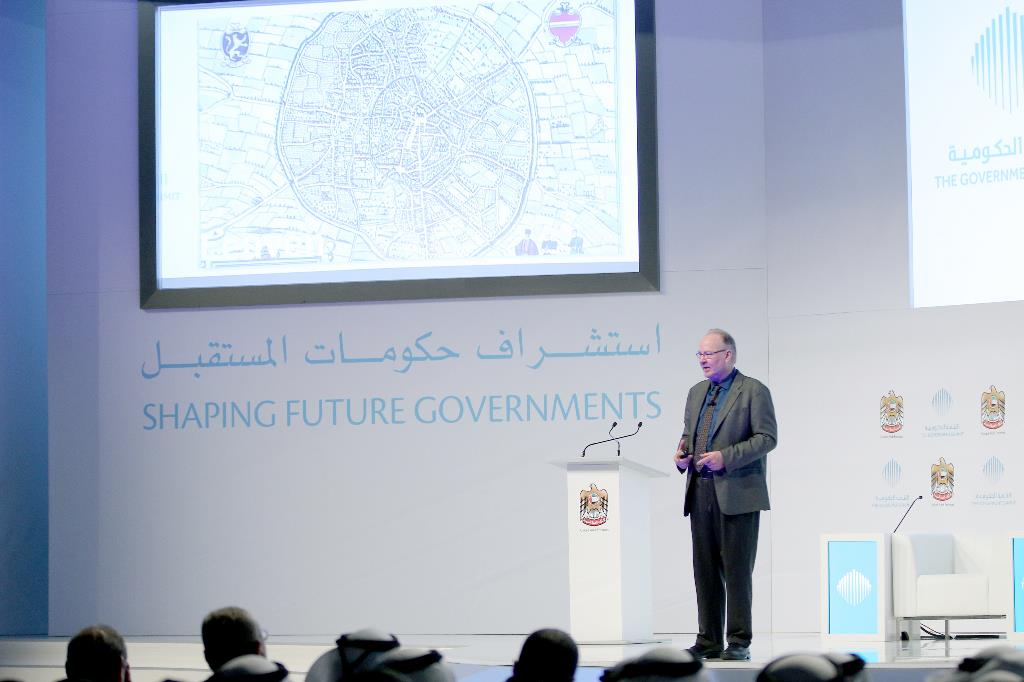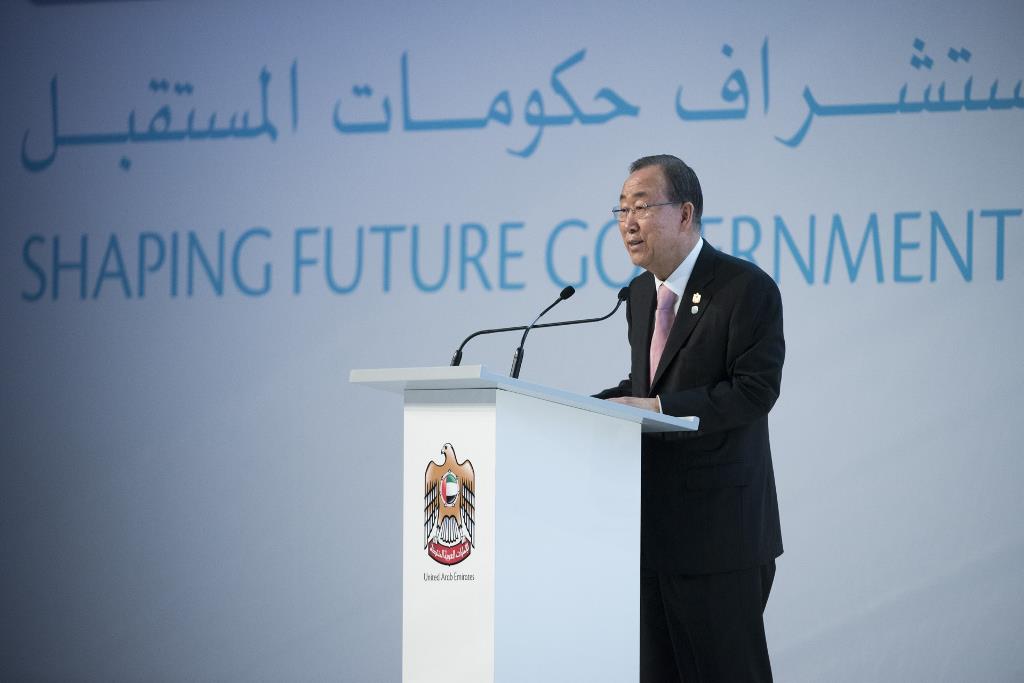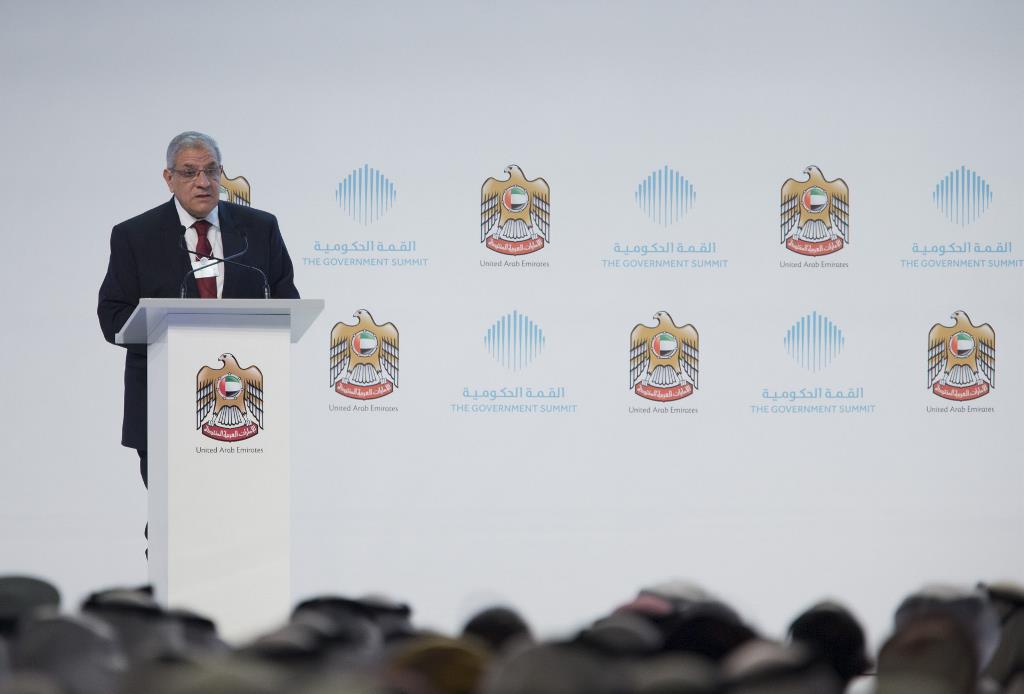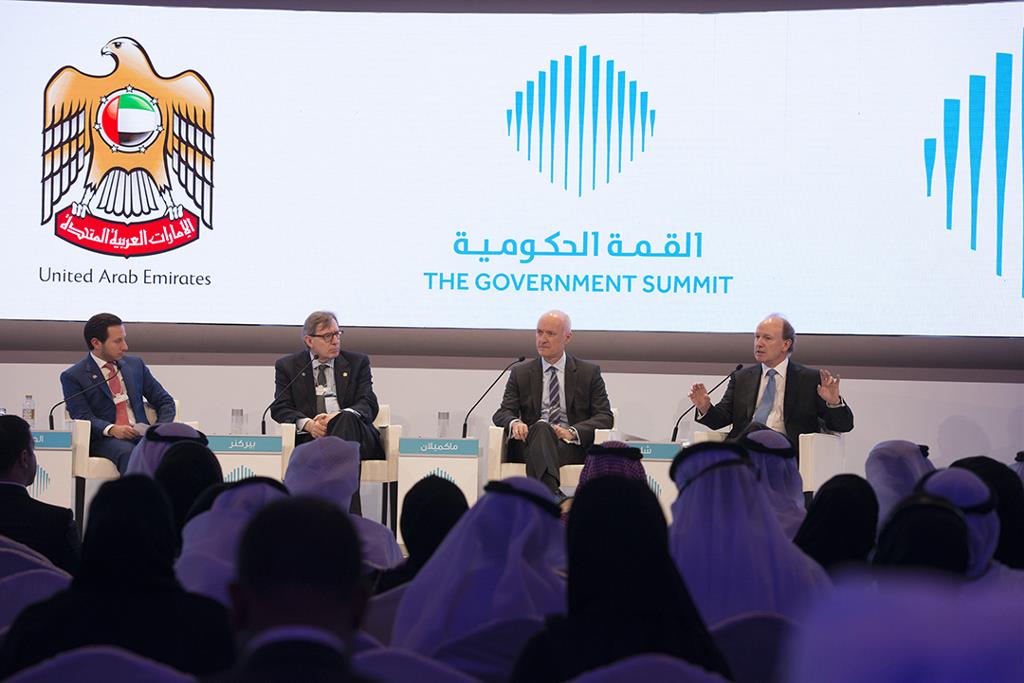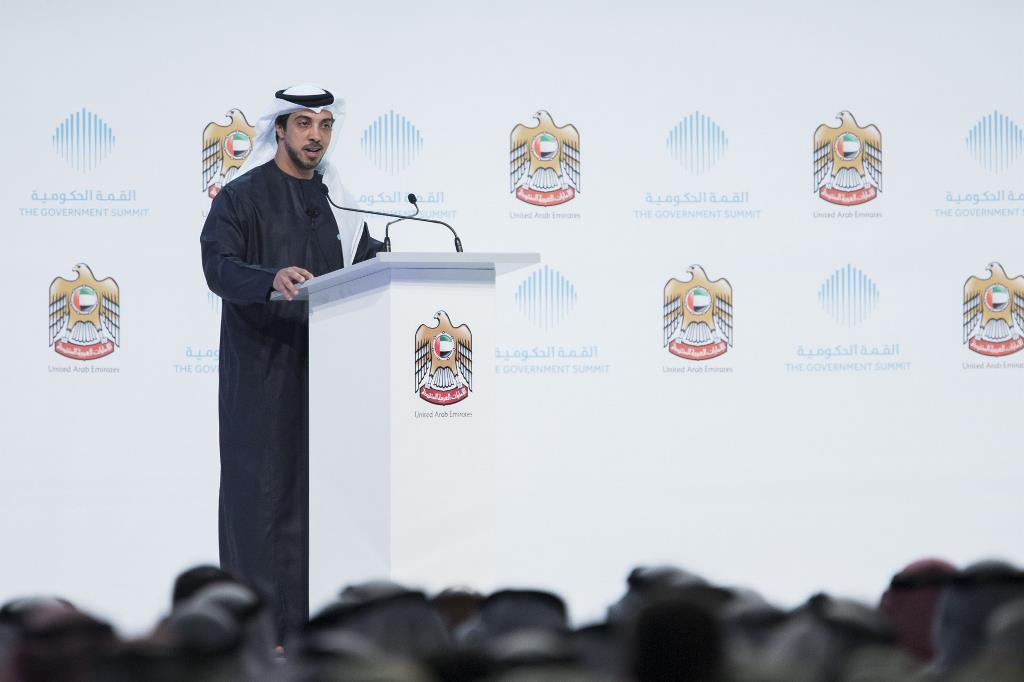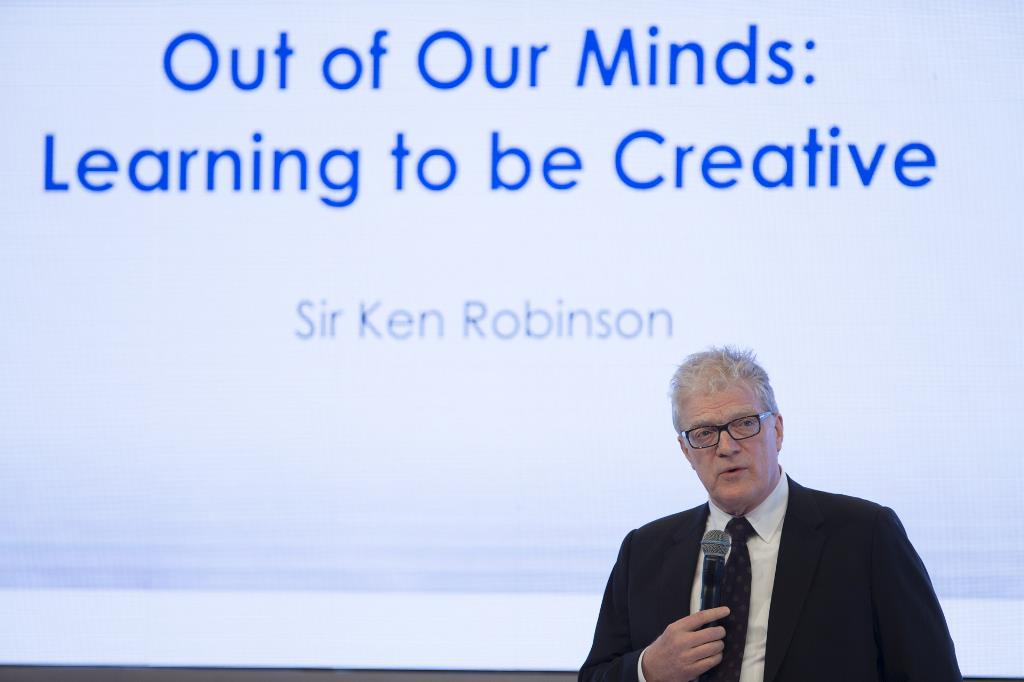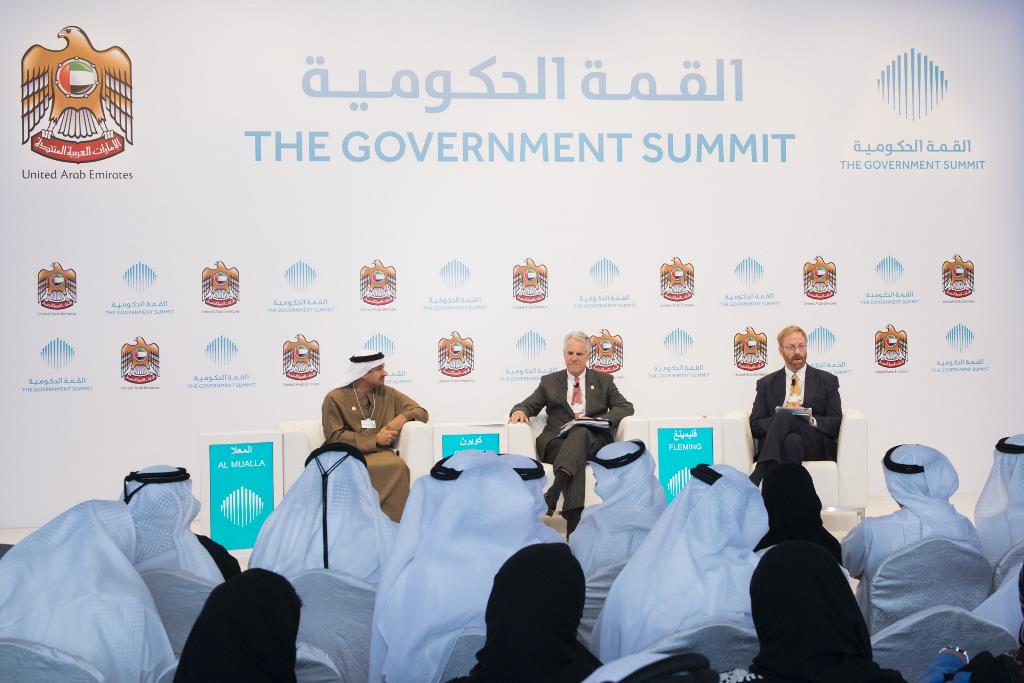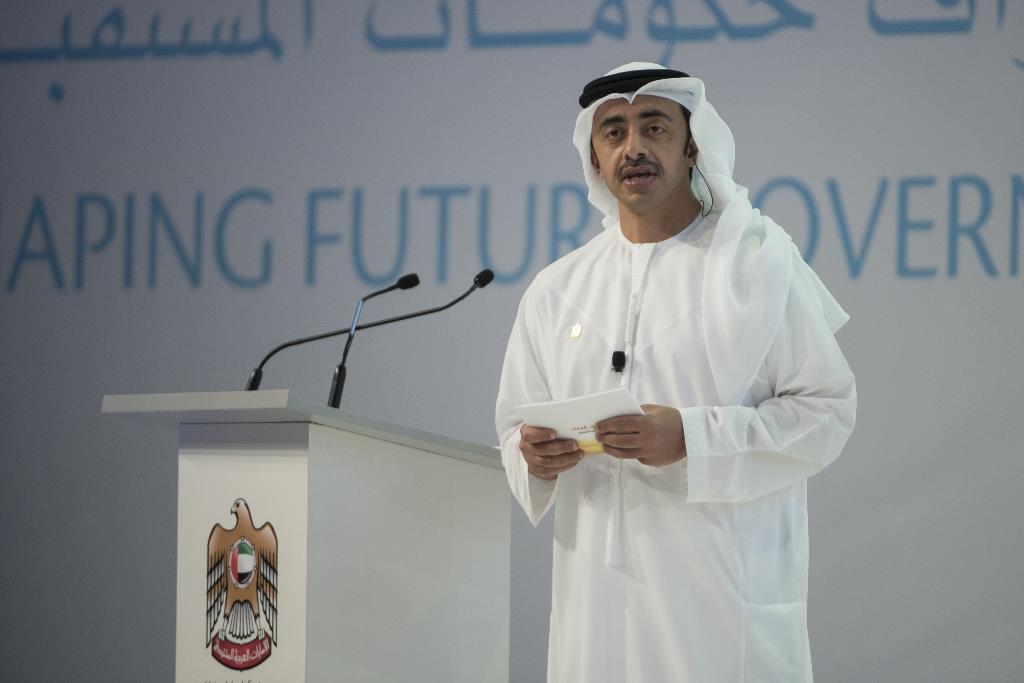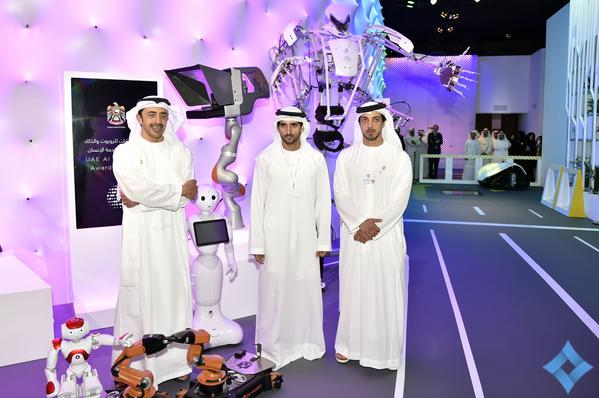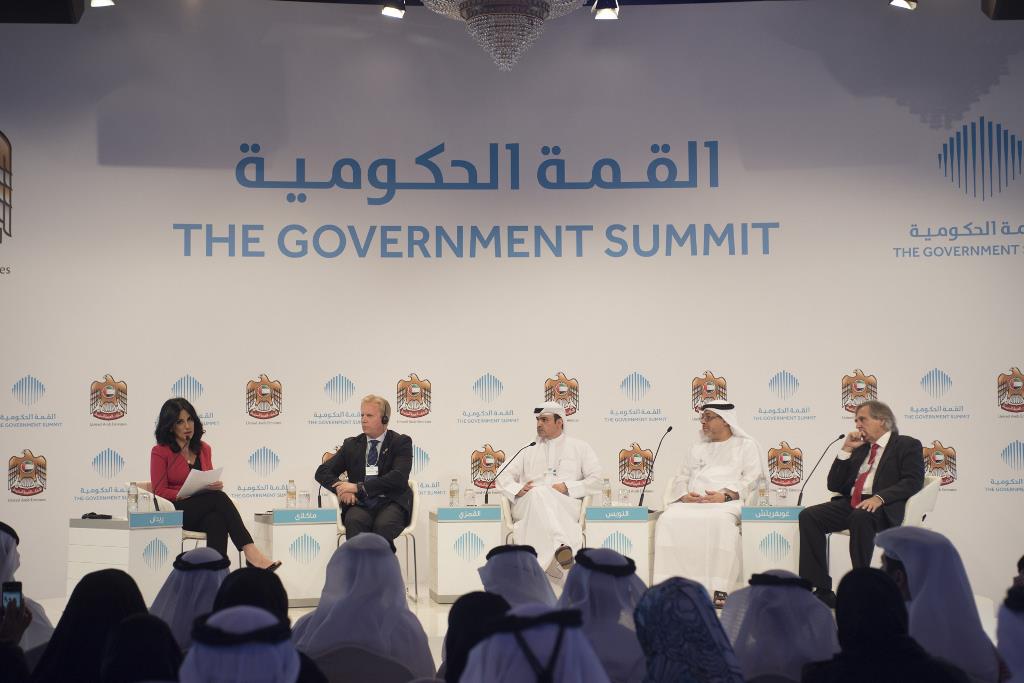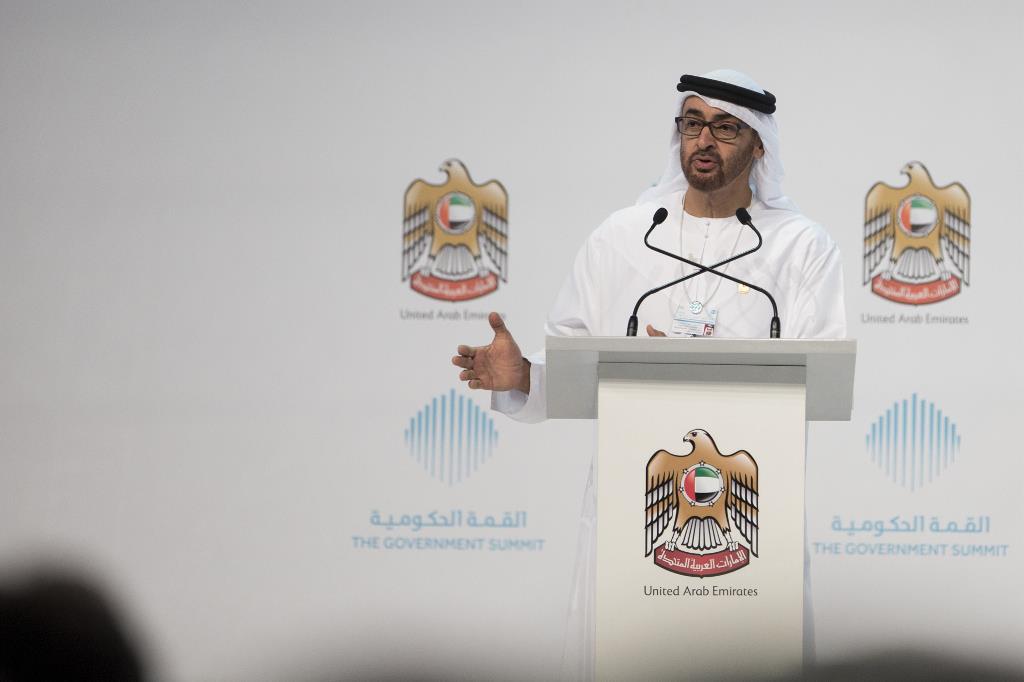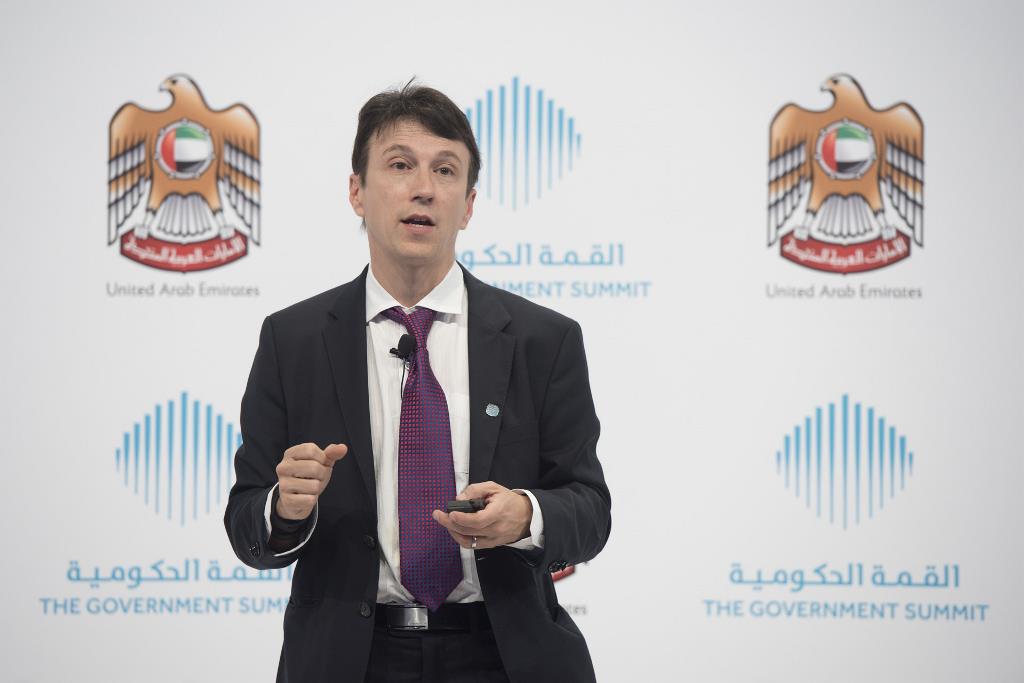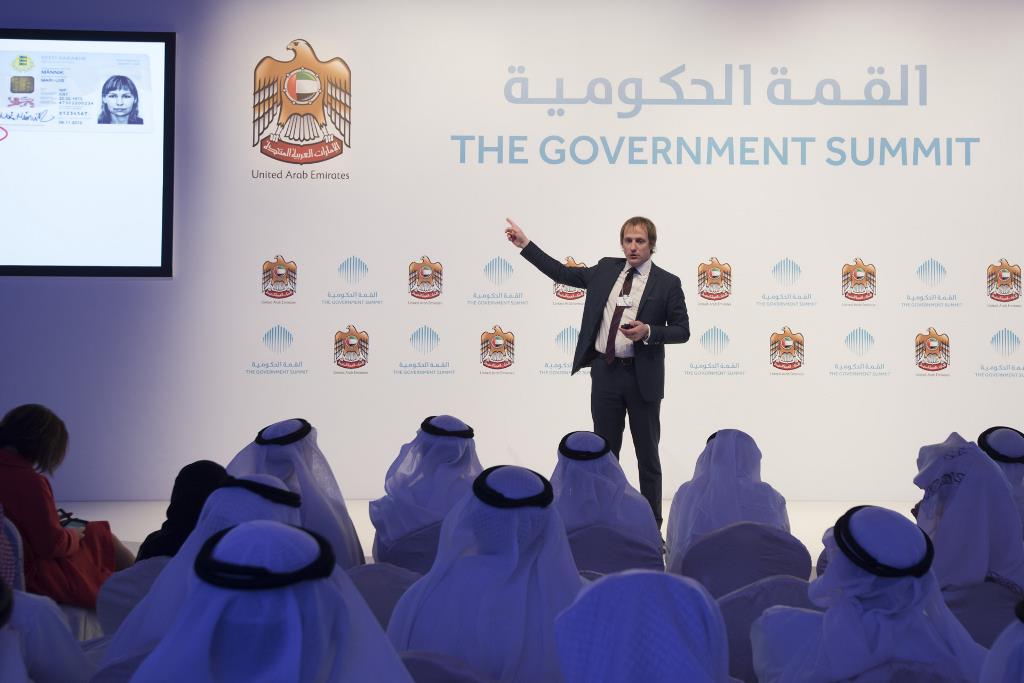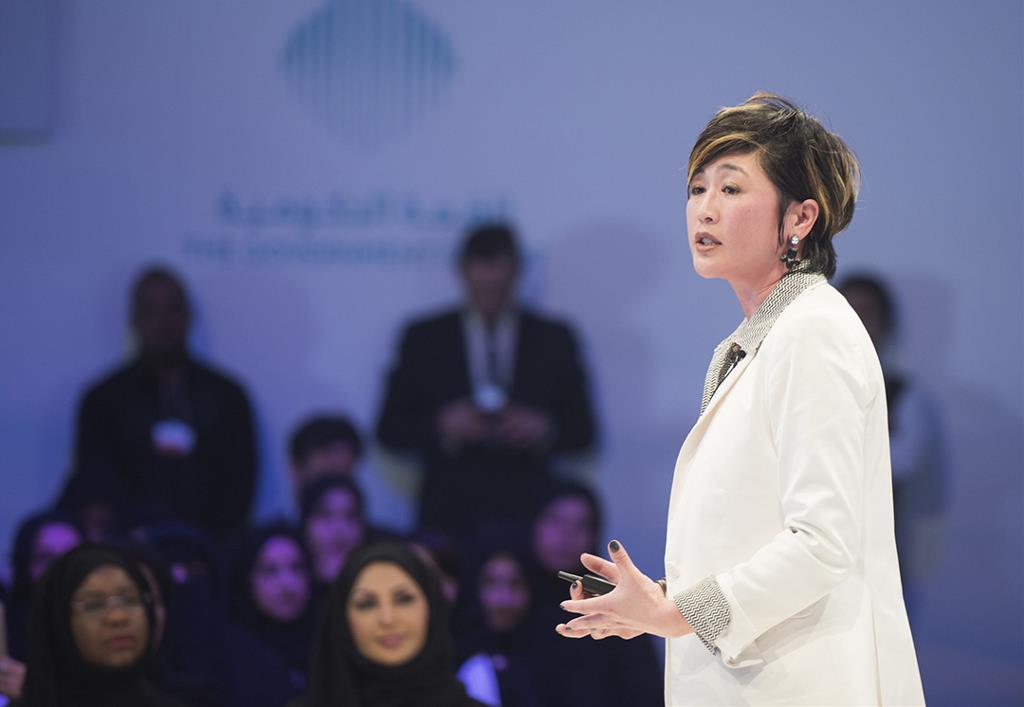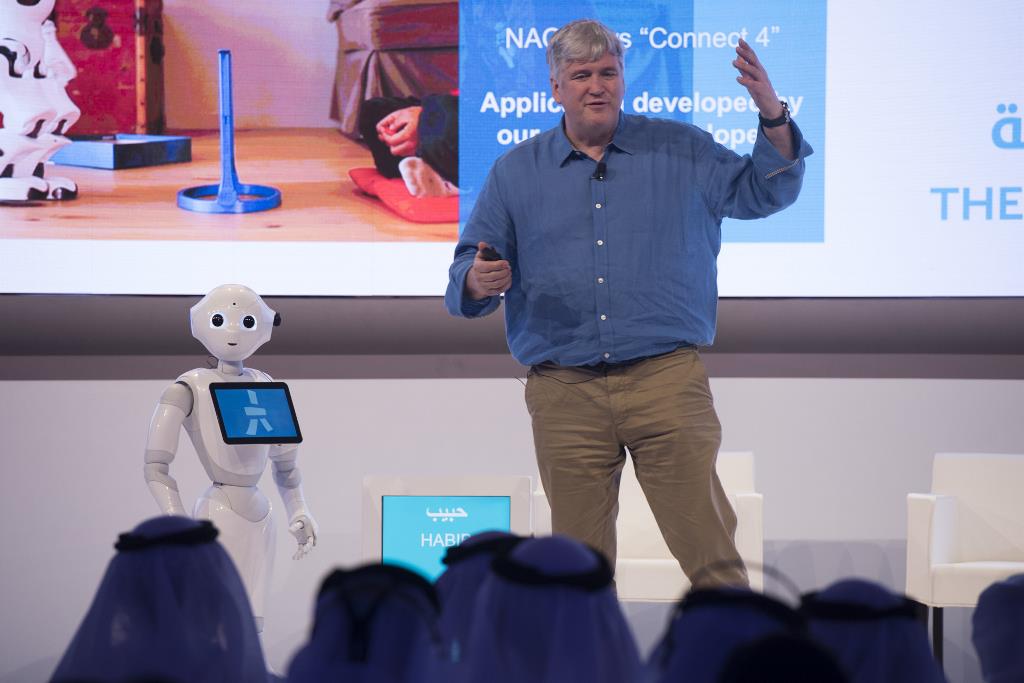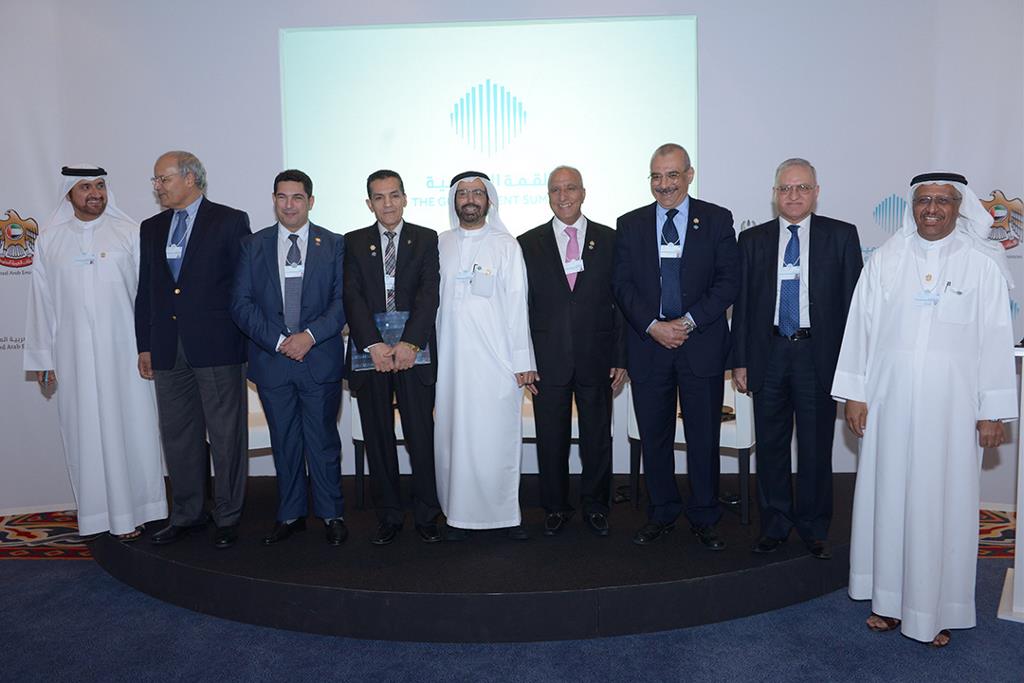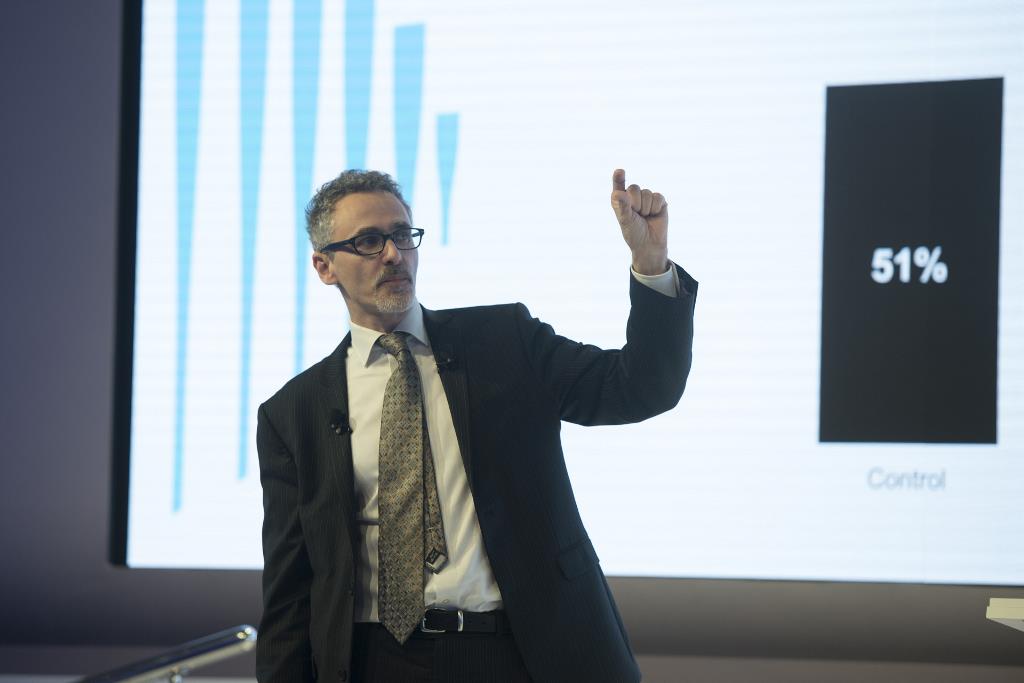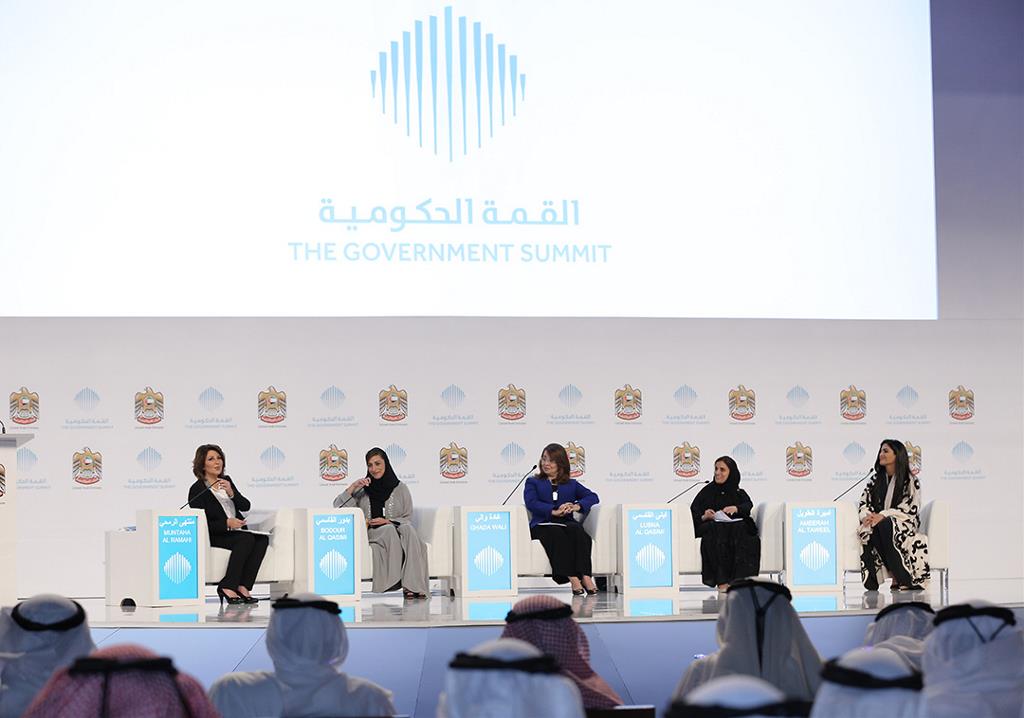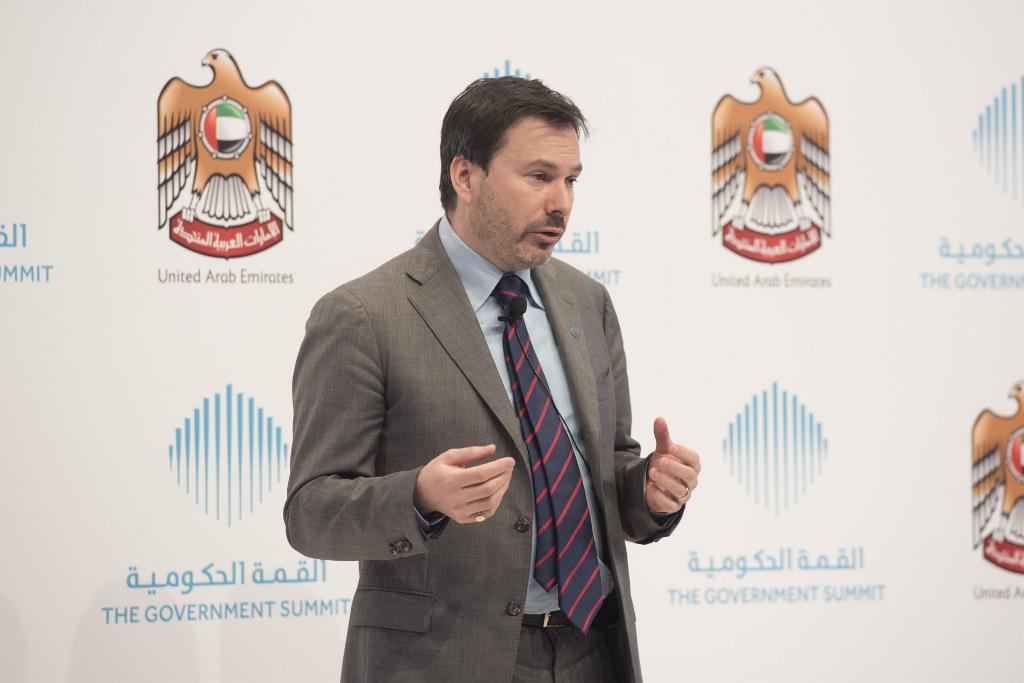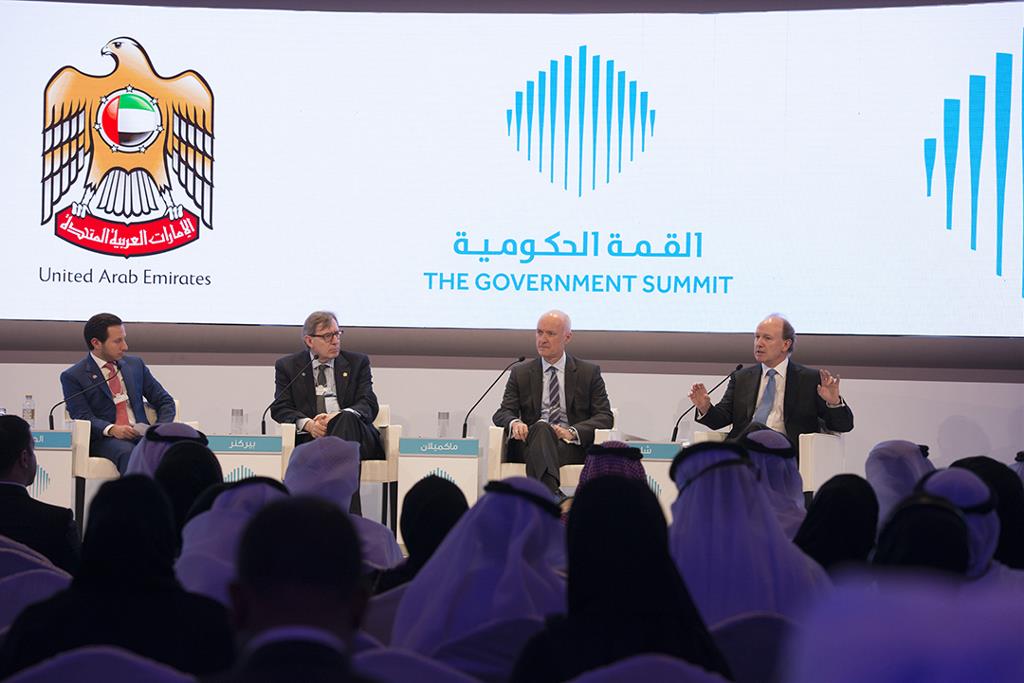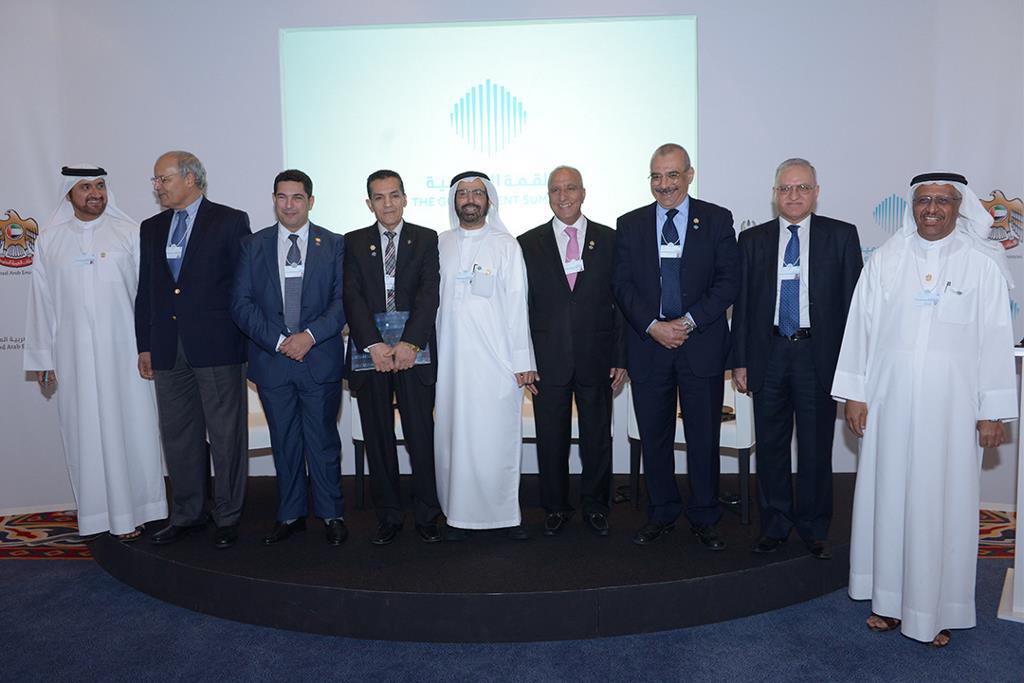Plenary Session: UAE Smart Cities Outlook
Smarter cities that are internationally competitive will make it possible for their inhabitants to focus on innovation and creativity, city planners said.
In the session titled ‘UAE Smart Cities Outlook’ at The Government Summit 2015, HE Falah Mohamed Al Ahbabi, Director General of Abu Dhabi Urban Planning Council; HE Saeed Mohammed Al Tayer,
MD and CEO of Dubai Electricity and Water Authority; and HE Eng. Hussain Nasser Lootah, Director General of Dubai Municipality, shared insights on how Abu Dhabi and Dubai are on their way to becoming smarter cities of the future.
According to UN projections, by 2030, 70% of the world’s population will be living in urban spaces. Cities are vibrant economic units and how efficiently they are run directly affects the lives and happiness of their residents.
In the Arab region, the cities of the UAE – Abu Dhabi and Dubai -- have seen many pioneering developments, particularly those having to do with world-class infrastructure. They routinely rank high on international indicators.
Today, smart services are some of the biggest priorities of these cities in their vision to become the smartest in the world.
Sharing Abu Dhabi’s vision for the city, Al Ahbabi said that “the future of Abu Dhabi is to create a sustainable city where services answer the needs of the citizens.” This includes sustainability in economy, transportation, environment, and heritage.
Public transport and environment remain important parts of the vision, with special care being given to preserve wildlife, sea-life, and natural resources.
Al Tayer said DEWA’s vision is to implement international standards in the distribution of power and energy. “We measure ourselves against several indicators and we have found that Dubai power and energy supply is one of the best in the world. And we continuously try to improve it,” Al Tayer said.
Dubai’s vision includes diversification of power sources and reduction of electricity wastage. As part of its strategic plan, the emirate is actively working on nuclear and other renewable power sources such as solar energy. The aim is to ensure that 25% of the city’s supply comes from clean energy.
A smarter city also contributes to the happiness of its residents. Al Tayer said several criteria for happiness are related to the smooth functioning of the city – efficiency, seamless services, and trustworthy information are elements that contribute to improving the quality of life.
Lootah focused on how Dubai is on its way to evolving into a smart, sustainable, and competitive city. He emphasized that sustainability is an essential element of this shift, along with competitiveness.
“Competition will help the city become the best-ranked city worldwide. We are a part of the world and we want to know where we are and where we are heading,” he said.
In smarter cities, systems will run efficiently and smoothly, leaving its inhabitants to focus on creativity and innovation.
The concept of smart cities has been evolving for a while. Al Ahbabi said terms such as future cities and global cities are pointers to communities that achieve the objectives set out by the government.
They facilitate the daily life of individuals by providing services at the right place and the right time.
Al Ahbabi said a part of the vision for the smart city is to ensure that there is harmony between the environment, the city, and its streets. While technology changes every three to four years, a future-proof city will have a strong infrastructure which is able to integrate these changes.
Al Tayer spoke about the fact that Dubai is aiming to reduce energy consumption by 20% by 2030. This will be done with the help of the private sector. Securing supply, reducing wastage, and rationalising consumption will ensure that this can take place. Smart meters in many city homes are already making it possible for the network and the consumer to communicate seamlessly.
Lootah spoke about the Desert Rose project – the $9.5 billion Desert Rose sustainable city is set to start in early 2016. In addition, projects such as Makani ensure that data enables faster delivery of services.
The city of the future will have laws and regulations to limit the number of cars on streets. This is already taking place with companies providing transportation for employees. Rules can include having housing units closer to the workplace.
Al Ahbabi said that instead of merely connecting people from point A to point B, it is better to bring points A and B closer to each other.
